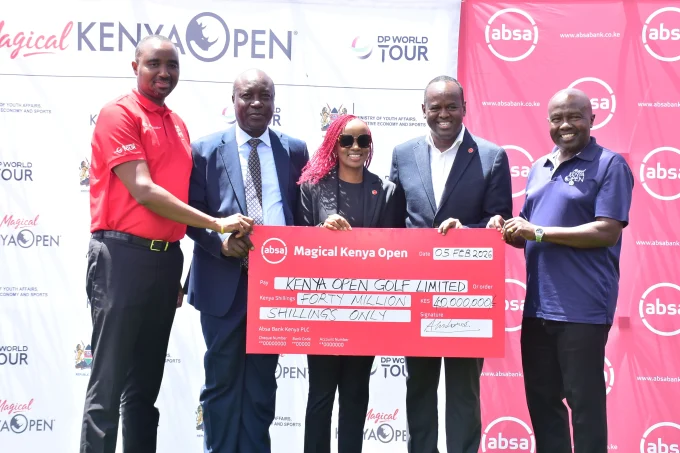GlaxoSmithKline (GSK) has announced the third call for proposals as part of the Africa NCD Open Lab, as part of its commitment to the much-needed scientific research into non-communicable diseases (NCDs).
The Africa NCD Open Lab is part of a series of investments GSK is making across Sub-Saharan Africa. The Open Lab, launched in 2014, works in partnership with African researchers and academic groups to conduct research into NCDs such as cancer, diabetes, cardiovascular disease and chronic respiratory diseases.
NCDs were estimated to account for over one quarter (27%) of total deaths in Kenya in 2014. Across the country the probability of dying at a young age (between age 30 and 70 years) from an NCD is 18%. NCDs cause over half of all reported adult deaths in some African countries, suggesting that NCDs could become a leading cause of health issues, disability and premature death.
The third call for research proposals to address these growing challenges is open from 7thNovember 2016 until 12thJanuary 2017 and successful applicants will be awarded £100,000 for up to two years, along with scientific support from GSK.
It is hoped that the vital research conducted by scientists across the continent will improve the understanding of NCDs, and inform best practice prevention and treatment strategies.
[crp]
William Mwiti, Medical Director, GSK Pharmaceuticals Kenya Limited, said: “While huge progress has been made in recent years to understand and combat infectious diseases, more work needs to be done to tackle the growing health concern presented by NCDs in Kenya and across Sub-Saharan Africa. When an issue is better understood it can be more effectively tackled.By collaborating with our research network across Africa through the Open Lab, Kenyan scientists can work to vastly improve our understanding ofNCDs in Kenya and beyond.”
Dr Mike Strange, Vice President and Head of Africa NCD Open Lab, said: “GSK is committed to tackling the huge burden that NCDs place on patients, communities and health systems in Kenyaand across Sub-Saharan Africa. The Open Labsupports our efforts to address these challenges.I encourage scientists to consider applying for the funding and supportthat the program offers and work tohelp us better understand NCDtypes across Africa.”

















































![Pula Co-Founders and Co-CEOs, Rose Goslinga & Thomas Njeru. Pula provides agricultural insurance and digital products to help smallholder farmers manage climate risks, improve farming practices and increase their incomes. [ Photo / Courtesy ]](https://businesstoday.co.ke/wp-content/uploads/2021/01/Pula-Co-Founders-and-Co-CEOs-Thomas-Njeru-Rose-Goslinga.jpg)




























































Leave a comment